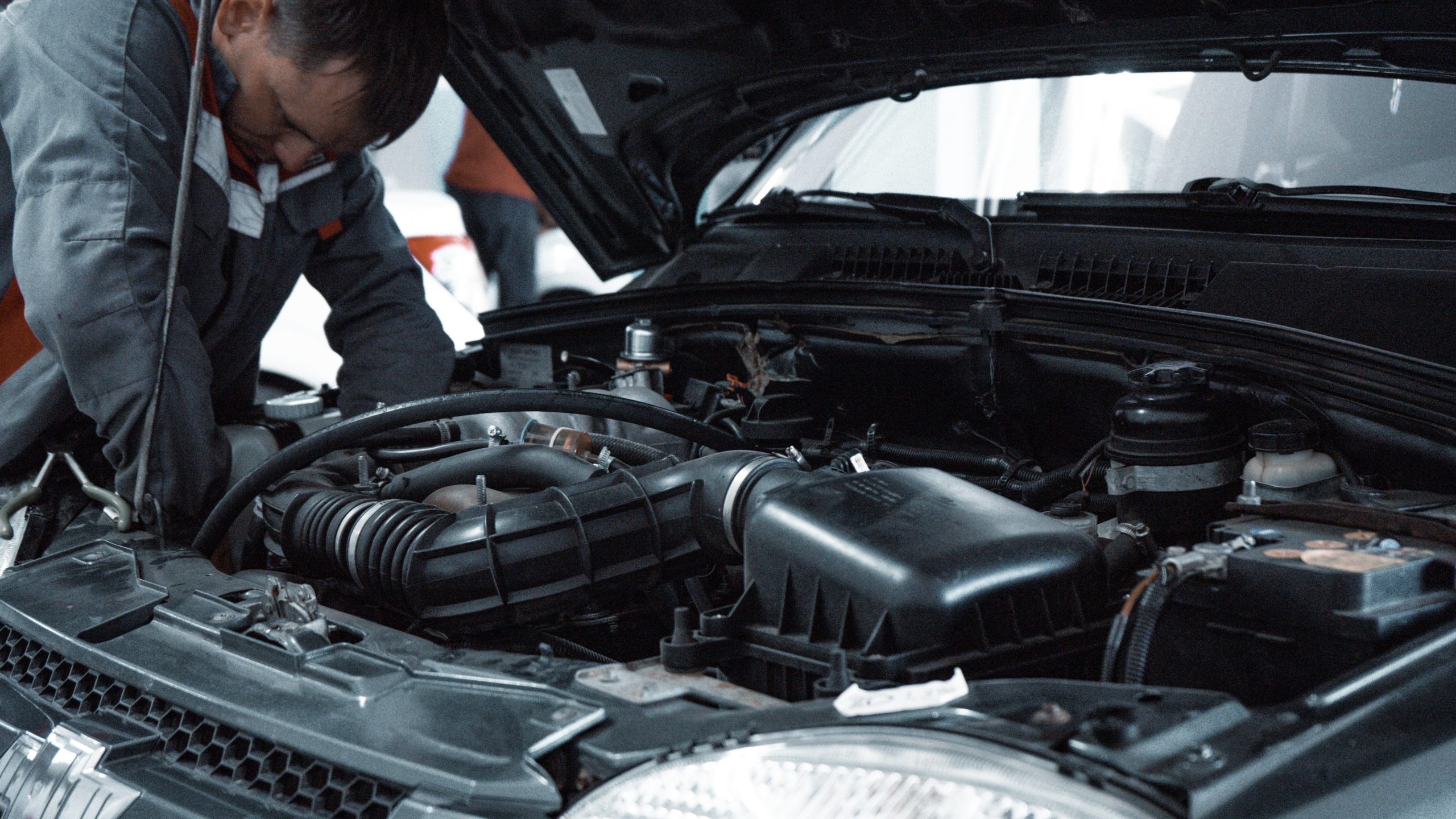
Representational Photo by Kate Ibragimova on Unsplash
In a bid to emphasize on its LiFE (Lifestyle for the Environment) movement through sustainable consumption, the Department of Consumer Affairs has taken a significant step for developing an overall framework for the Right to Repair. It has assembled a panel of specialists to complete the structure, which held its first meeting on July 13.
To ensure that consumers are not only dependent on the original producers, manufacturers will be required to provide complete drawings of the products they sell. Products like cell phones, electrical devices, automobiles, and agricultural equipment will be included in the framework.
According to the ministry, repair is essential for all types of reuse and even for the long-term viability of the products. In addition to becoming e-waste, a device that cannot be repaired or falls under planned obsolescence, such as creating a product with an artificially limited useful life, drives users to buy new products since they are unable to repair it to allow it to be reused. Therefore, restricting product maintenance forces customers to consciously decide to buy a new model of that product. The idea behind the Right to Fix is that since we must inherently own a product once we purchase it, we should be able to easily and inexpensively repair and change it.
In a statement, it was also stated that over time, it had been noticed that the Right to Repair was becoming increasingly curtailed. Not only was there a significant delay in repairs, but there were also instances where products were repaired at exorbitant costs with little to no input from the customer who had previously purchased the product. It stated that “often the spare parts are not accessible, causing consumers tremendous distress and annoyance.”
According to a PIB press release, the development of a framework on the right to repair in India aims to empower consumers and product purchasers in the local market, harmonise trade between original equipment manufacturers and third-party buyers and sellers, and place an emphasis on fostering sustainable consumption of products and reducing waste.



